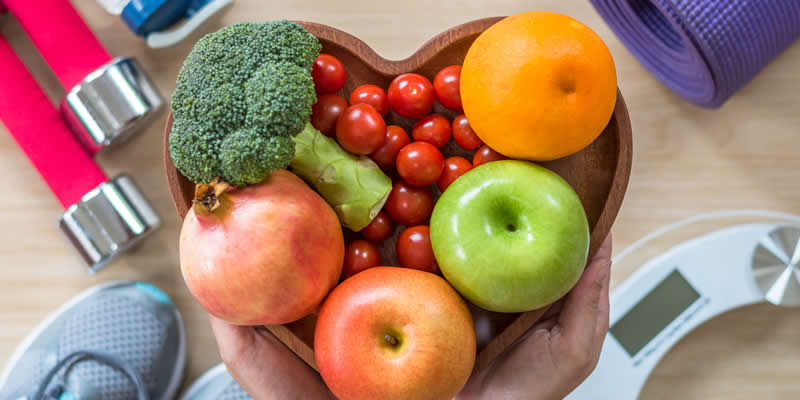Completing daily breathing exercises is as effective for reducing blood pressure and enhancing heart health as staying active or taking medication, new study suggests.
American researchers from the University of Colorado at Boulder have found that Inspiratory Muscle Strength Training (IMST) can protect elderly people from heart disease.
More than 60% of over 50s in the US have high blood pressure, making it more likely for them to suffer from a stroke or a heart attack.
However, the majority of these adults do not regularly exercise.
Senior author, Professor Daniel Craighead said: “There are a lot of lifestyle strategies that we know can help people maintain cardiovascular health as they age.
“The reality is, they take a lot of time and effort and can be expensive and hard for some people to access.
He added: “IMST can be done in five minutes in your own home while you watch TV.”
Individuals following ISMT have to forcefully breathe through a portable gadget that offers resistance.
Originally, seriously unwell people were the only group to complete ISMT, but in recent years it has become more common across all demographics.
According to the academics, 30 vigorous breaths per day, six times a week will enhance a person’s heart health, memory and physical ability just as much as the initial recommendation of breathing for 30 minutes per day at low resistance.
The team of researchers split 36 middle-aged adults with high blood pressure into two groups, with each group following a different ISMT regime for six weeks.
Participants in the first group completed IMST at a high resistance whereas those in the second group carried out a placebo protocol on a lower resistance.
At the end of the trial, the blood pressure of those in the first group reduced by nine points on average, equalling the same as those taking medication and achieving a better result than those only exercising.
In addition, the researchers found that the results remained low six weeks after ISMT.
- Mindfulness can help people give up sugar in coffee, research suggests
- Everyday mindfulness improves blood glucose levels, study finds
“We found that not only is it more time-efficient than traditional exercise programs, the benefits may be longer lasting,” said Professor Craighead.
Improved vascular health was also noticed in those in the first group, with nearly 50% of the group enhancing their vascular endothelial function and elevating their nitric oxide levels.
ISMT also reduced indications of inflammation and oxidative stress.
Leading researcher, Professor Doug Seals said: “We have identified a novel form of therapy that lowers blood pressure without giving people pharmacological compounds and with much higher adherence than aerobic exercise.”
The results from this investigation can now be accessed in the journal of the American Heart Association.
Editor’s note: Gro Health is a subscription-based health app that provides wellbeing education, behavioural change techniques and activities including immersive 360-degree mindfulness. Learn more here.






